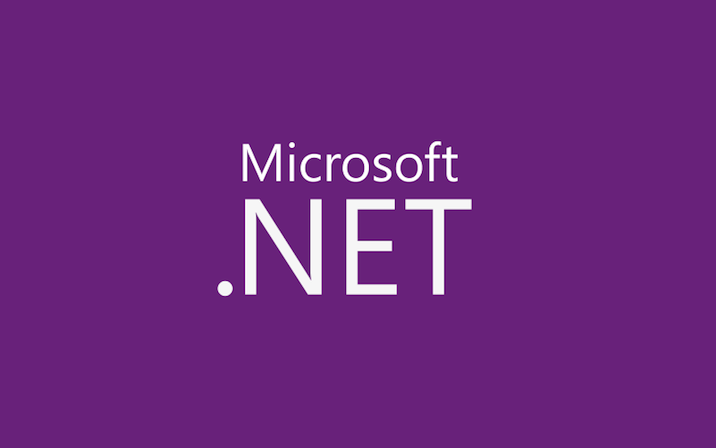


What’s new in Beta 2 for the Task Parallel Library? (Part 3/3)

Slides from Parallelism Tour

What’s new in Beta 2 for the Task Parallel Library? (Part 2/3)

What’s new in Beta 2 for the Task Parallel Library? (Part 1/3)

Task.Wait and “Inlining”

Parallelized Map and Filter Operations

TaskScheduler.FromCurrentSynchronizationContext

The meaning of TaskStatus


 Light
Light Dark
Dark